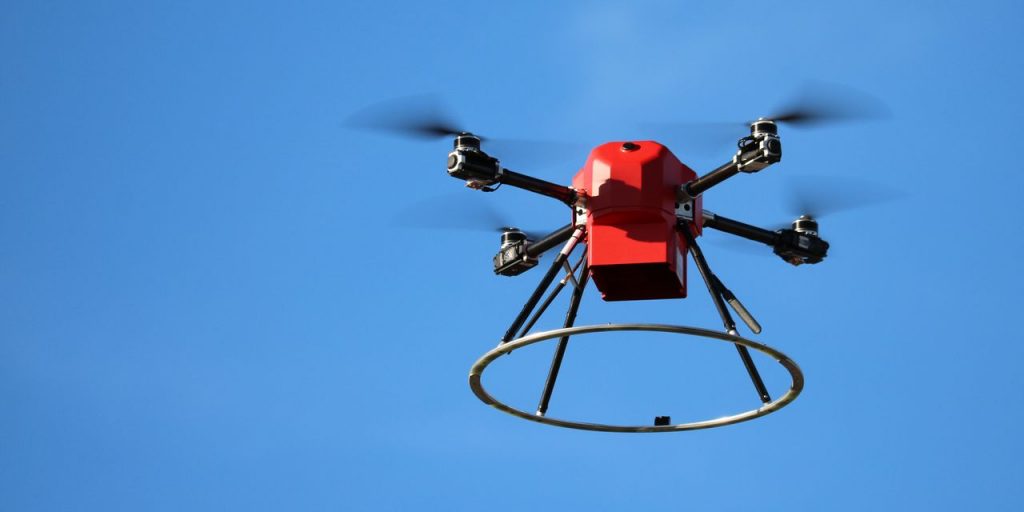
The Federal Aviation Administration has approved the nation’s first-ever fully automated commercial drone flights.
In documents posted to the FAA website, Massachusetts-based American Robotics Inc. got a partial grant of exemption on Jan. 14 that allows unmanned aircraft to fly beyond the line of sight of a remote pilot.
Signed by Flight Standards Service Deputy Executive Director Robert C. Carty, the grant allows American Robotics to operate its Scout quadcopter unmanned aircraft with a maximum takeoff weight of 20 pounds, in rural settings for research, development and training.
According to the grant, American Robotics’ operation would occur only during daylight in unregulated low-altitude areas with light air traffic and would be limited to 400 feet above ground.
In addition, any individual flights would occur within the boundaries of American Robotics’ customers’ “controlled access farmland” or similar rural environments meeting the same criteria.
“We conduct thorough safety assessments before issuing any unmanned aircraft operation approvals,” the FAA wrote to Fox Business on Saturday.
The agency also highlighted public interest in the case, writing that regulators would learn more about automated operations by allowing American Robotics to proceed with its endeavors.
“Once adopted on a wider scale, such a scheme could lend efficiencies to many of the industries that fuel our economy such as agriculture, transportation, mining, technology, and non-durable manufacturing,” the agency added. “Moreover, the operations will achieve a reduction in environmental impact, as they will involve a small aircraft carrying no passengers or crew, rather than a manned aircraft of significantly greater size.”
In order to meet standards, American Robotics tested fully automated drones for four years in eight states, according to initial reporting from The Wall Street Journal.
The Marlborough company’s Scout drones run on predetermined programs and weigh less than 20 pounds. They also have built-in acoustic technology to avoid birds and other aircraft, and safeguards to prevent malfunctions.
“With these approvals, American Robotics is ushering in a new era of widespread automated drone operations,” American Robotics co-founder and CEO Reese Mozer in a press release.
“Decades worth of promise and projection are finally coming to fruition” and will help to unlock the $100 billion commercial drone market.
Previously, the FAA allowed drones to inspect railroad tracks, industrial sites and pipelines, as long as pilots or spotters were in sight.
In December, the FAA said it would issue a long-awaited rule to allow for small drones to fly over people and at night, as well as require remote identification for most drones.
“The new rules make way for the further integration of drones into our airspace by addressing safety and security concerns,” FAA Administrator Steve Dickson said in a statement. “They get us closer to the day when we will more routinely see drone operations such as the delivery of packages.”